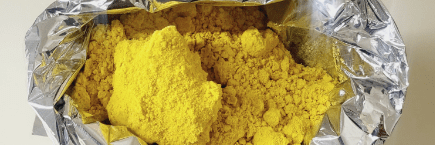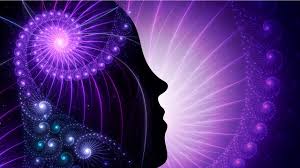Psychiatrist’s Most Powerful Experience with Psychedelics
Psychedelics, long relegated to the fringes of science and culture, are undergoing a renaissance, particularly in therapeutic settings. Psychiatrists worldwide are beginning to explore their transformative potential for treating mental health disorders. Among these professionals, some have shared their deeply personal encounters with psychedelics—experiences that not only altered their understanding of the human mind but also reshaped their approach to psychiatry.
A Journey into the Unknown
For many psychiatrists, psychedelics such as psilocybin, LSD, and DMT provide a unique opportunity to step into their patients’ shoes. Dr. A., a seasoned psychiatrist specializing in trauma therapy, recalls a guided psilocybin session as one of the most profound moments of her career:
“I had read the research, studied the mechanisms, and listened to patients’ stories, but nothing could have prepared me for the sheer depth of my experience. I felt as though I had entered a dimension of pure emotion and interconnectedness, where the boundaries of self dissolved. It was both humbling and illuminating.”
This experience allowed Dr. A. to better understand the potential of psychedelics to unlock repressed memories, facilitate emotional breakthroughs, and provide a sense of oneness that many patients describe as life-changing.
The Science Behind the Experience
Psychedelics interact primarily with serotonin receptors in the brain, particularly the 5-HT2A receptor. This interaction disrupts the brain’s default mode network (DMN), which is responsible for self-referential thoughts and ego formation. When the DMN quiets, individuals often experience a sense of ego dissolution, leading to profound insights and emotional release.
Psychiatrists who have tried psychedelics report that this temporary rewiring of the brain provides a firsthand understanding of their therapeutic potential, especially for conditions like:
- Depression: Allowing patients to reframe negative thought patterns.
- PTSD: Enabling the safe exploration of traumatic memories.
- Addiction: Offering a perspective shift that facilitates recovery.
Lessons Learned
Dr. B., a psychiatrist working with terminally ill patients, shares his encounter with LSD:
“During the session, I confronted my own fears of mortality. It was terrifying but ultimately liberating. This experience has helped me guide my patients with greater empathy, as I now understand the comfort that psychedelics can provide in facing the unknown.”
Such experiences highlight several key lessons for psychiatrists:
- Empathy is Enhanced: Personal experiences with psychedelics can deepen a psychiatrist’s empathy, helping them connect with patients on a more profound level.
- Perspective is Broadened: Psychedelics challenge conventional frameworks, encouraging psychiatrists to explore holistic and integrative approaches.
- Humility is Fostered: The overwhelming nature of these experiences reminds professionals of the vast complexities of the human psyche.
Challenges and Ethical Considerations
While personal use of psychedelics can be transformative for psychiatrists, it raises ethical questions:
- Professional Boundaries: How does one balance personal exploration with professional responsibilities?
- Legality: In many countries, psychedelics remain illegal outside of approved research settings.
- Bias: Can personal experiences cloud objective judgment in treatment?
Despite these challenges, many psychiatrists advocate for the responsible integration of psychedelics into therapeutic practices, emphasizing the importance of training, supervision, and scientific rigor.
The Road Ahead
The psychiatrist’s journey with psychedelics is not just about personal transformation—it’s about revolutionizing mental health care. As research continues to validate the safety and efficacy of psychedelics in clinical settings, more professionals are likely to explore these substances under controlled conditions.
For psychiatrists, these experiences serve as powerful reminders of the mind’s untapped potential and the profound healing that can emerge when science and spirituality converge. Psychedelics, once stigmatized, are now seen as tools for growth—not just for patients, but for the practitioners who guide them.
In the words of Dr. A.:
“Psychedelics have taught me that healing is not just about treating symptoms but about reconnecting with the essence of what it means to be human.”

